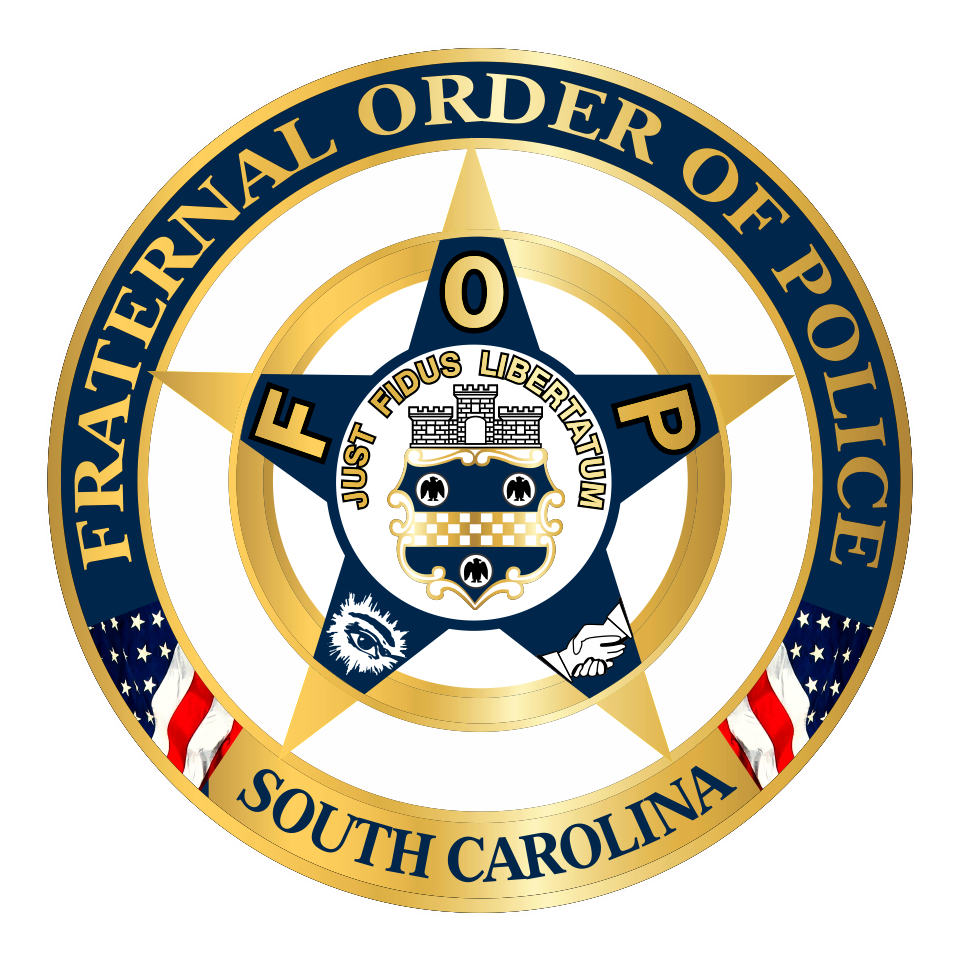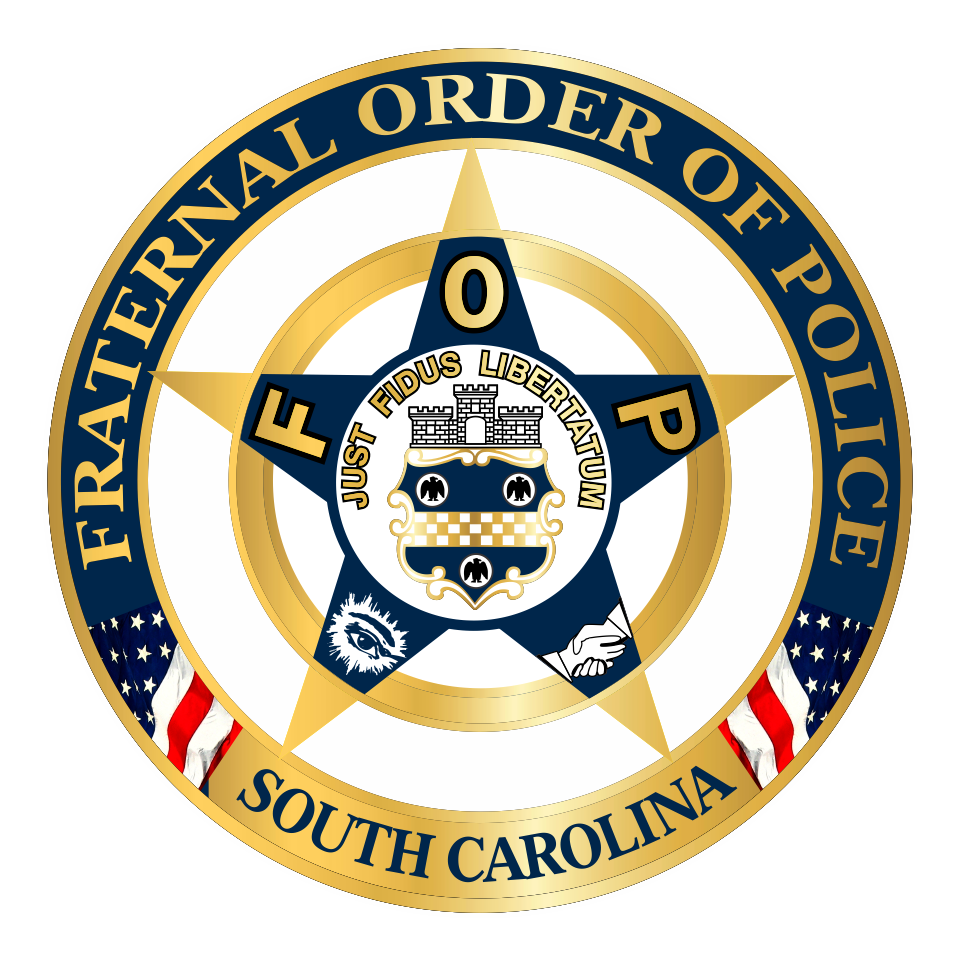On March 2, 1925, the United States Supreme Court delivered a landmark decision in the case of Carroll v. United States, establishing the automobile exception to the Fourth Amendment. This case allowed warrantless searches of vehicles if law enforcement officers have probable cause to believe that the vehicle contains evidence of a crime.
The Case Background
The case began during the Prohibition era, when federal agents stopped and searched a vehicle driven by George Carroll, suspecting it was transporting illegal liquor. The agents, acting on prior information and surveillance, conducted the search without a warrant and discovered a substantial amount of contraband alcohol.
Carroll’s defense argued that the warrantless search of his vehicle violated his Fourth Amendment rights against unreasonable searches and seizures. The government contended that the inherent mobility of vehicles justified the search without a warrant. The lower courts sided with the government, leading to an appeal to the United States Supreme Court.
The Legal Question
The central issue before the Supreme Court was whether the Fourth Amendment permits warrantless searches of vehicles based on probable cause, given the unique nature and mobility of automobiles.
The Supreme Court Decision
In a 7-2 decision written by Chief Justice William Howard Taft, the Supreme Court ruled in favor of the United States. The Court held that warrantless searches of vehicles are permissible under the Fourth Amendment if law enforcement officers have probable cause to believe that the vehicle contains contraband or evidence of a crime. The decision established the “automobile exception” to the warrant requirement, recognizing the practical challenges and exigent circumstances associated with searching mobile vehicles.
The Court emphasized that the mobility of vehicles creates situations where obtaining a warrant is impractical, and the need to prevent the destruction or removal of evidence justifies warrantless searches based on probable cause.
The Impact
Carroll v. United States significantly influenced law enforcement practices regarding searches of vehicles. The ruling provided officers with the flexibility to conduct warrantless searches when they have probable cause, ensuring that evidence is not lost due to the inherent mobility of vehicles.
While the decision aimed to enhance the effectiveness of law enforcement investigations, it also required careful consideration of the potential for abuses of power and the need to protect individuals’ Fourth Amendment rights.
Conclusion
The Carroll v. United States decision remains a cornerstone of Fourth Amendment jurisprudence, symbolizing the balance between effective law enforcement and the protection of individual constitutional rights. As we reflect on this pivotal moment in legal history, we recognize its enduring significance in shaping modern criminal procedure and ensuring that justice is achieved within the bounds of the Constitution.
Understanding the historical context and implications of Carroll v. United States helps us appreciate the complexities of constitutional law and the evolving nature of police work in America. This case is a testament to the Supreme Court’s role in interpreting the Constitution and its impact on the everyday lives of citizens and law enforcement officers alike.

